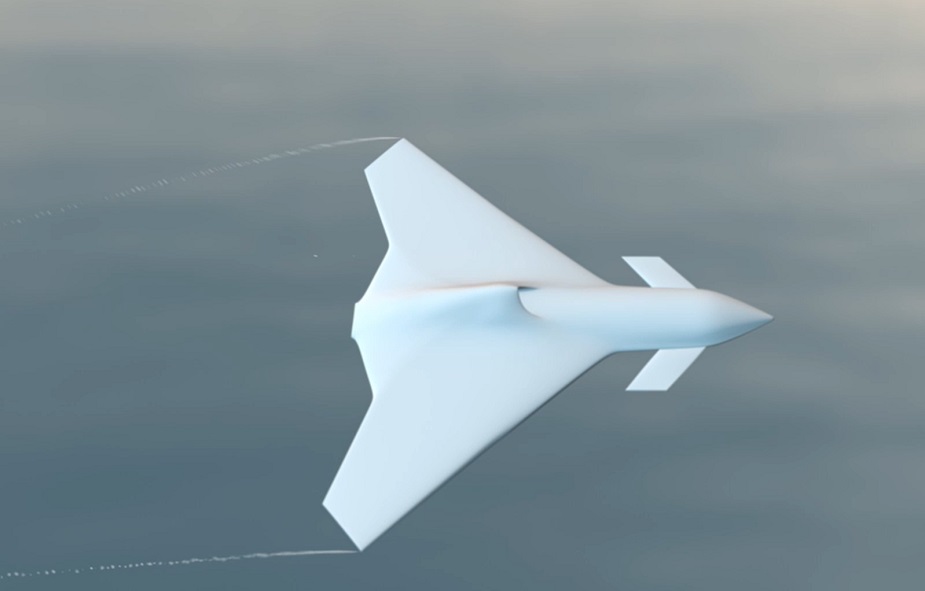Breaking news
BAE Systems selected by DARPA to design a full scale demonstrator concept with Active Flow Control at its core.
The U.S. Defense Advanced Research Projects Agency (DARPA) awarded the contract to BAE Systems to designq a full scale demonstrator concept with Active Flow Control at its core. The aircraft’s ability to maneuver in flight without conventional flight control surfaces will enable improved performance, maintainability, and survivability.
Follow Air Recognition on Google News at this link

BAE Systems will progress the design and testing of revolutionary flow control technologies that could deliver significant operational enhancements to tomorrow’s warfighters (Picture source: BAE Systems)
The contract award forms part of DARPA’s Control of Revolutionary Aircraft with Novel Effectors (CRANE) project, which intends to inject Active Flow Control technology early into the aircraft design process to demonstrate significant efficiency benefits, as well as improvements to aircraft cost, weight, performance, and reliability.
BAE Systems’ role in Project CRANE builds on its innovation demonstrated through MAGMA in 2019, where a subscale aircraft was successfully maneuvered in flight using supersonically blown air and Active Flow Control technologies for the first time in aviation history.
Tom Fillingham, Senior Vice President – US Programs, BAE Systems Air said: “BAE Systems has been at the forefront of digital design for more than 20 years. This award enables us to progress Active Flow Control and our digital engineering capabilities at full scale, in collaboration with DARPA and the University of Manchester in the UK. Since our groundbreaking MAGMA trials, our engineers across the UK, US, and Australia have continued to innovate to identify improvements in the aircraft digital design process to deliver military value and operational advantages to the warfighter.”
 MAGMA UAV. By replacing moving surfaces with a simpler ‘blown air’ solution, the trials have paved the way for engineers to create better performing aircraft that are lighter, more reliable and cheaper to operate. The technologies could also improve an aircraft’s stealth as they reduce the number of gaps and edges that currently make aircraft more observable on radar. (Picture source: BAE Systems)
MAGMA UAV. By replacing moving surfaces with a simpler ‘blown air’ solution, the trials have paved the way for engineers to create better performing aircraft that are lighter, more reliable and cheaper to operate. The technologies could also improve an aircraft’s stealth as they reduce the number of gaps and edges that currently make aircraft more observable on radar. (Picture source: BAE Systems)
As military aircraft confront increasingly contested and sophisticated threat environments, Active Flow Control offers potential military benefits that could deliver operational advantage in the battlespace. Active Flow Control technologies can supplement or replace conventional moveable control surfaces to improve the performance of an aircraft at various points in the flight regime, as well as reduce mass and volume compared to aircraft with conventional controls to enable greater payloads and greater flexibility to the operator.
The contract will see BAE Systems mature design, integration, and de-risking activities, including wind tunnel testing at its facilities in the North West of England in 2022. This innovative work will inform future phases of the CRANE program, including the concept design activity.



















